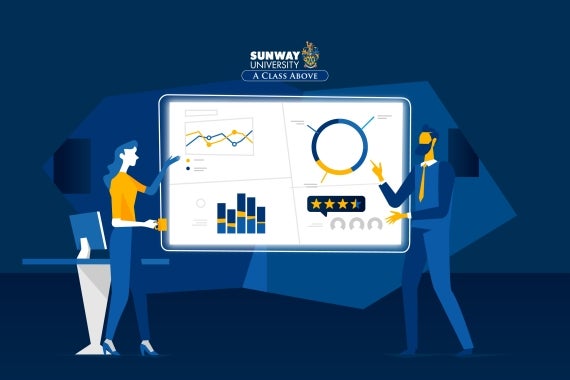10 Performance Review Questions Every Manager Should Ask

Performance reviews are a vital component of employee development, offering a structured opportunity for managers to assess progress, set future goals, and address any challenges. These reviews are not merely about rating past performance; they are pivotal in shaping the trajectory of both the employee and the organisation.
For people managers, particularly those new to the role, asking the right questions during these reviews can be the difference between a motivated team and one plagued by disengagement and turnover.
Why the Right Questions Matter
The questions you ask during an employee performance appraisal set the tone for the entire conversation. By asking the right questions, you can achieve 3 key outcomes:
Uncover Development Needs
Effective questions can reveal obstacles holding employees back. Knowing what's hindering an employee's performance allows you to tailor development plans and provide targeted support.
Boost Employee Engagement
Asking questions that demonstrate a genuine interest in an employee's career aspirations shows you value their contribution. This fosters a sense of ownership, builds engagement in the company, and can help motivate and inspire employees.
Set the Stage for Future Performance
A good performance review clarifies expectations and sets the course for future success. By focusing on goals and development opportunities, you set employees up to excel in the next review period.
This article explores the top 10 questions that managers should ask during performance reviews and delves into why these questions are essential.

Top 10 Questions Managers Should Ask During Performance Reviews
1. What can I do to help you meet your goals?
Why this is important: This seemingly simple question demonstrates support and encourages open communication. Employee responses can reveal unforeseen roadblocks, resource limitations, or knowledge gaps you can address.
2. Which tasks or projects do you find most fulfilling, and why?
Why this is important: Understanding what motivates an employee can lead to better job satisfaction and higher engagement. By focusing on tasks that align with an employee's interests, managers can help them develop new skills and contribute more effectively to the team.
3. What are your biggest challenges at the moment?
Why this is important: Understanding an employee's struggles allows you to offer targeted support. Are they overloaded? Do they lack specific skills? Tailoring your management approach to address these challenges can significantly improve performance.
4. Do you feel your current workload allows you to focus on your most important tasks?
Why this is important: Employee turnover can be costly. By understanding workload concerns, you can identify potential burnout and proactively adjust workloads, ensuring employees feel valued and empowered.
5. Do you feel you have the opportunities to develop new skills and advance your career within the company?
Why this is important: Employees who see opportunities for growth are more likely to stay engaged. Discuss career aspirations and explore opportunities for mentorship, training, or participation in new projects. Help them in setting goals so they can become a top performer.
6. How can I improve my communication style to better support your work?
Why this is important: Effective communication is crucial for a positive working relationship. Openness to feedback and constructive criticism demonstrates your commitment to creating a supportive environment.
7. Have you experienced any instances of unconscious bias in the workplace?
Why this is important: Unconscious bias, or any other form of bias, can negatively impact employee morale and performance. Creating a safe space for open dialogue allows you to address potential issues and create a more inclusive environment.
8. How would you rate the effectiveness of our current performance review process?
Why this is important: Feedback on the review process itself allows you to continuously improve its effectiveness. Consider including a self-assessment element in future reviews, allowing employees to reflect on their own performance and goals.
9. What are your long-term career goals? How can your current role contribute to achieving them?
Why this is important: Aligning employee aspirations with company goals creates a win-win situation. By understanding an employee's long-term vision and career development, you can help them develop a roadmap with measurable goals for success within your organisation.
10. What specific feedback can you give me on my leadership style? How can I be a better manager for you?
Why this is important: Growth is a two-way street. Encouraging employee feedback on your management style allows you to identify areas for improvement and build a stronger team dynamic. Focus on specific examples to get a better understanding, and tell the employee on how you plan to follow-through on the feedback.
Unlocking Employee Potential and Driving Organisational Success
Asking the right questions during performance reviews is an investment in your team and the company as a whole. These conversations provide valuable insights into employee needs, motivations, and goals, enabling managers to take actionable steps that lead to a win-win outcome for both the individual and the company.
If you're ready to take your management skills to the next level, our 100% online Master of Management programme can help. You'll learn to lead people effectively, deliver high-quality results, and add value to teams, stakeholders, and organisations. Contact our Education Counsellors today to schedule a quick 15-minute call.





